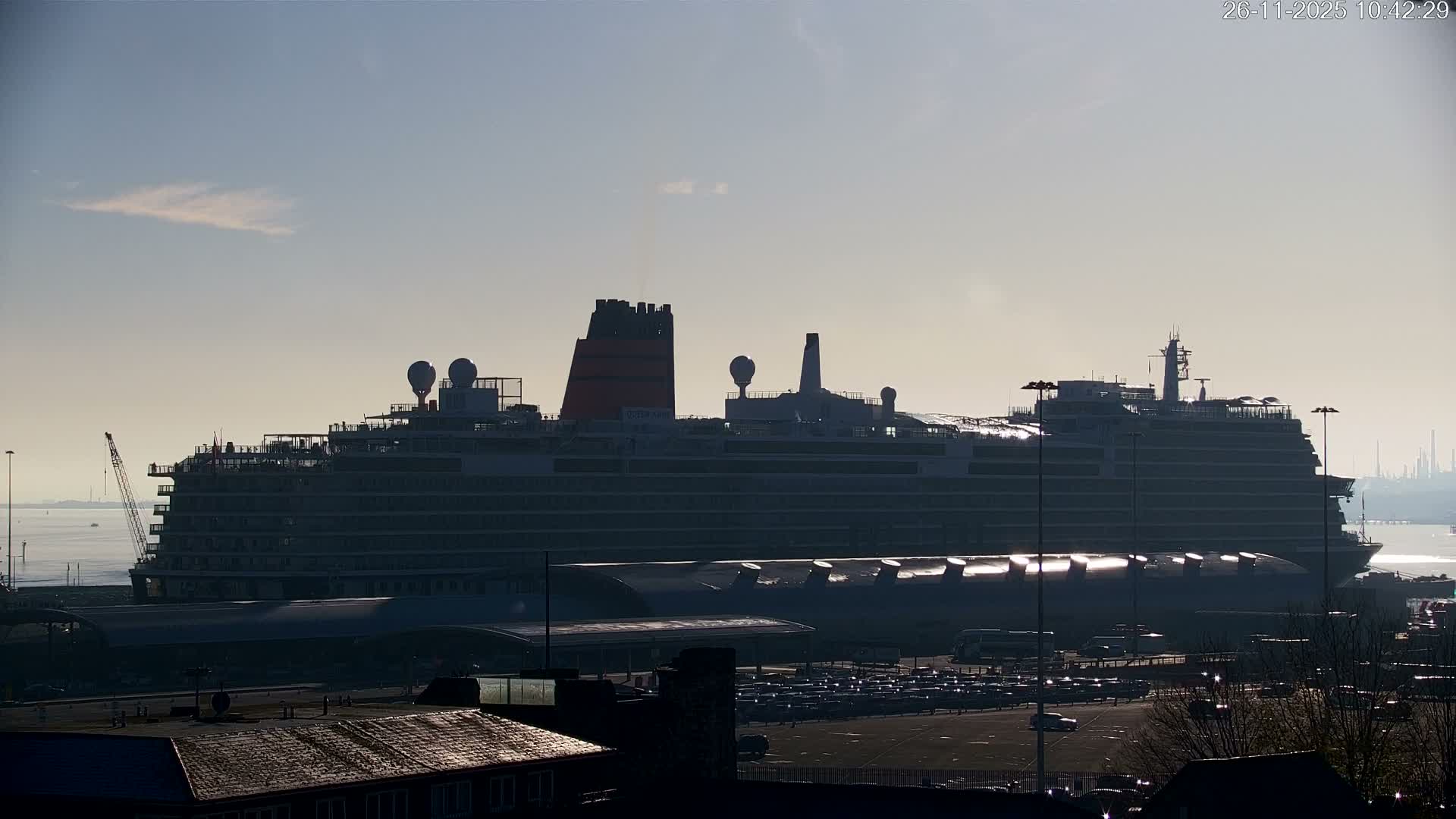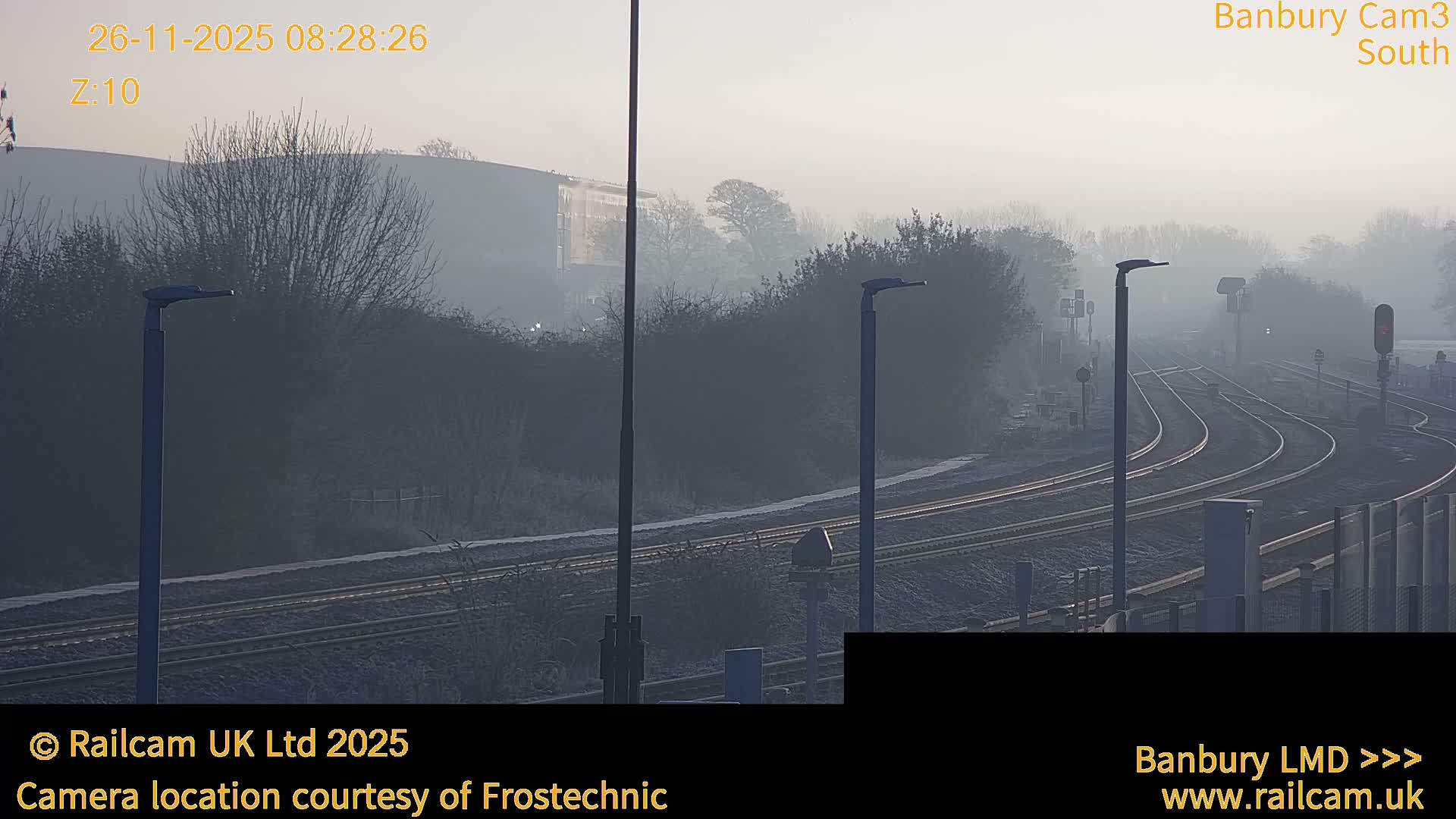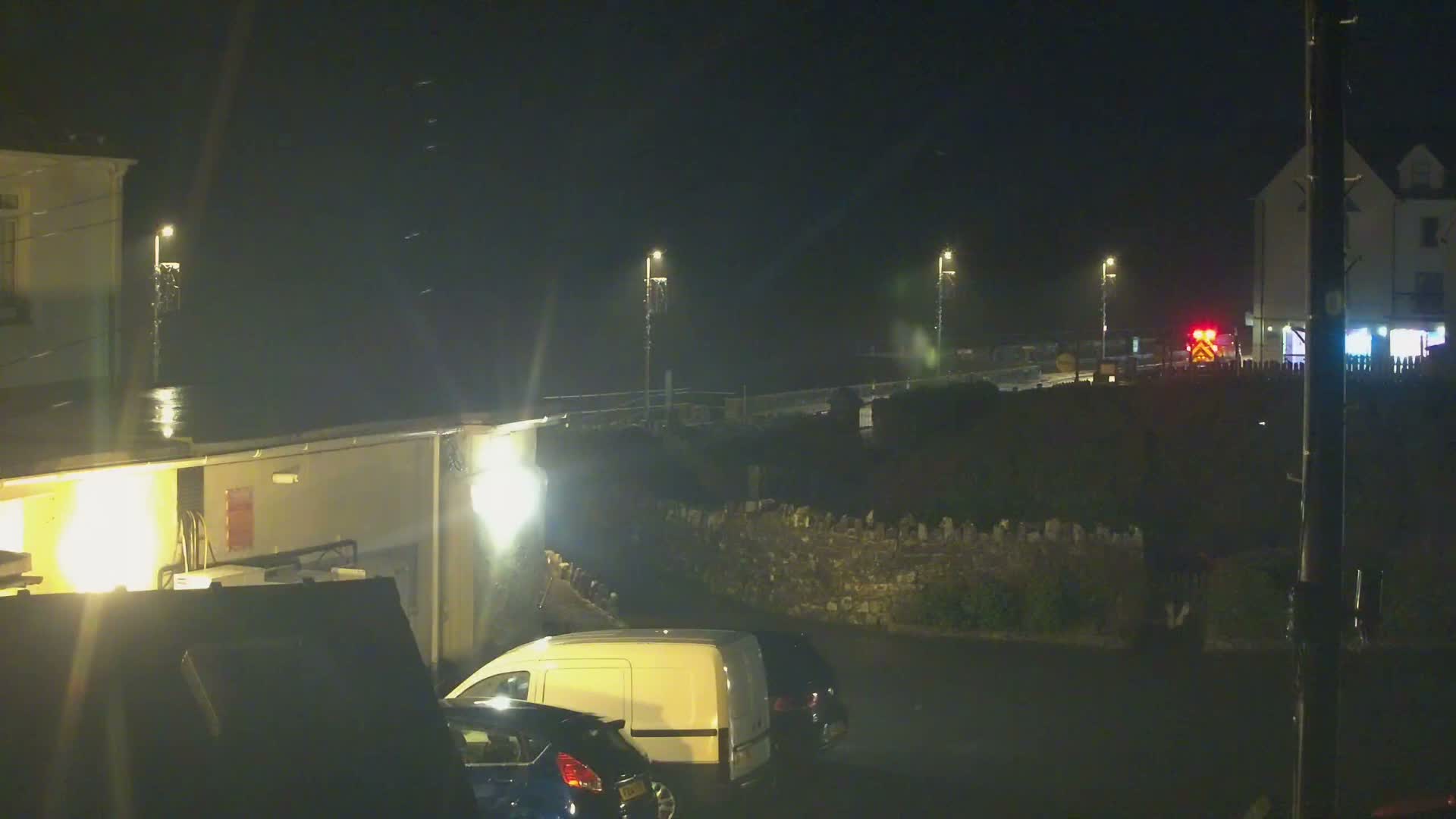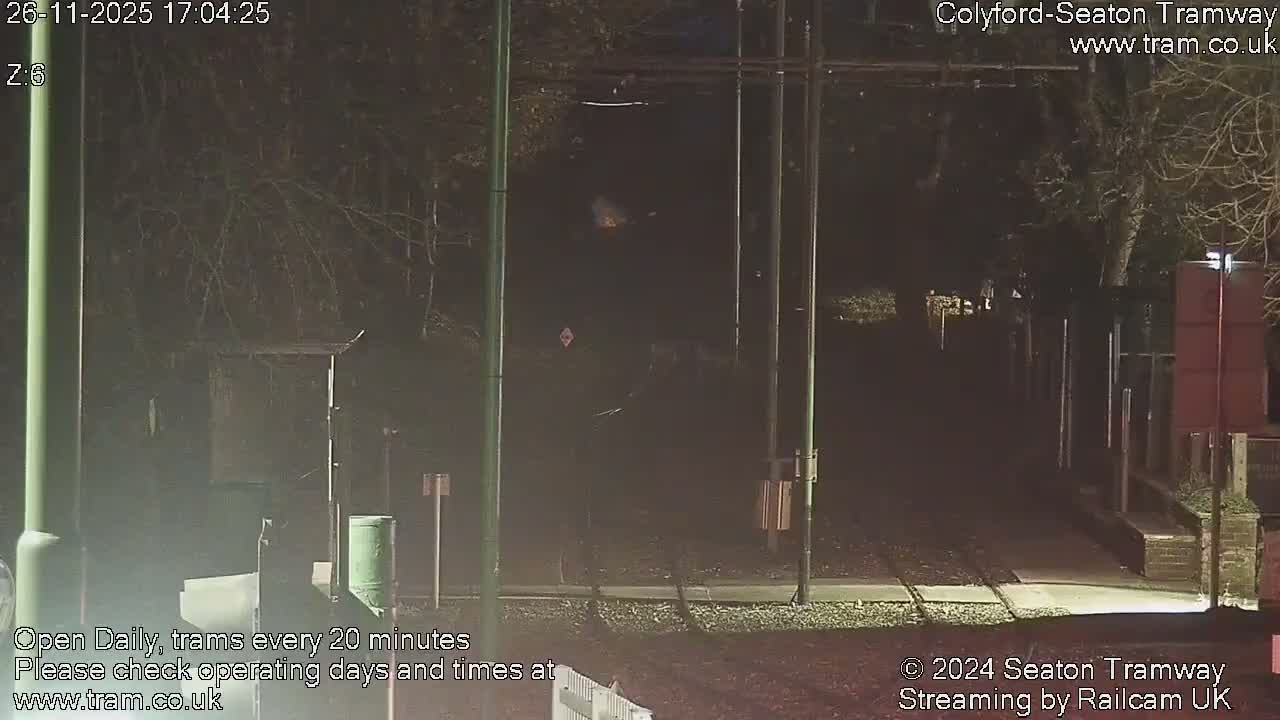BBC Chair Samir Shah Vows to 'Fix' Crisis Amid Trump Panorama Row, Leadership Resignations, and Systemic Failings Scrutiny
 United Kingdom
Media
United Kingdom
Media
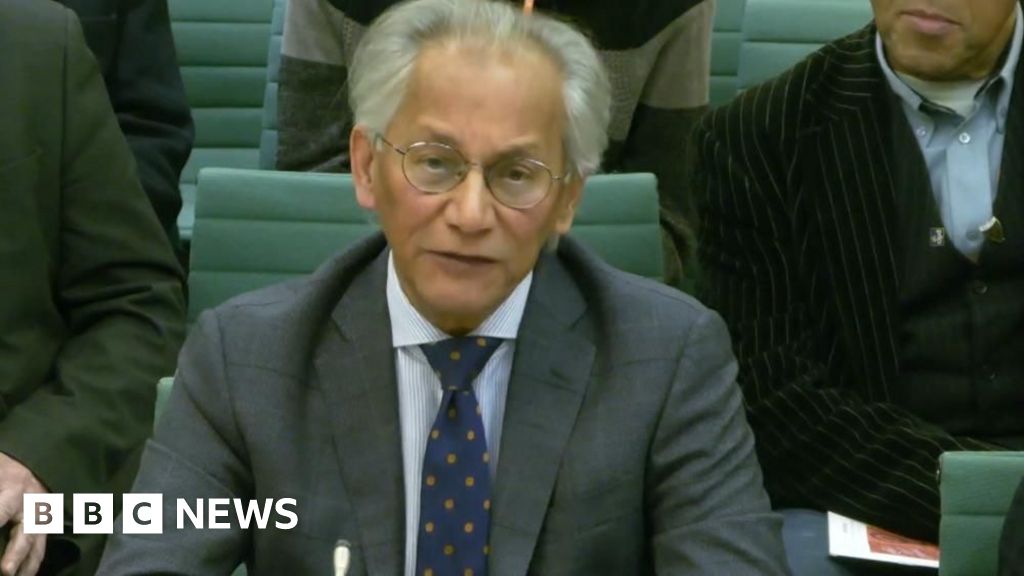
BBC Chairman Samir Shah pledges to remain and 'fix' systemic issues following the Trump Panorama editing row, leadership resignations, and MP scrutiny.
BBC Chairman Vows to Tackle Crisis Amidst Panorama Row and Leadership Upheaval
BBC Chairman Samir Shah has publicly declared his intention to remain in his post and address the "systemic problems" plaguing the corporation, despite facing intense criticism over his handling of recent controversies. Speaking before a parliamentary committee, Shah offered an apology for the "mistakes that have been made and the impact that has had" but firmly stated, "I'm not somebody who walks away from a problem. I think my job is to fix it. That's what I'm doing."
The Panorama Controversy and Prescott's Memo
The crisis centers on the fallout from a heavily debated Panorama edit of a Donald Trump speech and the subsequent public release of an internal memo by former editorial adviser Michael Prescott. Prescott, testifying before MPs, highlighted worsening "systemic problems" within BBC News, although he clarified that he did not believe the corporation suffered from institutional bias. The memo's revelations triggered significant upheaval, leading to the resignations of Director-General Tim Davie and Head of News Deborah Turness earlier this month, igniting a fierce debate about the BBC's journalistic standards and governance.
Leadership Resignations and Internal Disputes
During the parliamentary session, BBC board member Sir Robbie Gibb vehemently dismissed allegations of a politically motivated "coup" at the broadcaster's upper echelons as "ridiculous." Sir Robbie, who previously served as communications director for Prime Minister Theresa May, underscored his long history with the BBC and asserted his impartiality while on the board.
Shah acknowledged the delay in addressing the issues, stating, "Looking back, I think we should have made the decision [to apologise] earlier." He explained that the process of investigating the specific nature of the apology for the Trump speech edit was complex, involving "a continuing and sharp difference of opinion" among board members and executives. The core dispute revolved around whether to apologize for conveying a "misleading impression" of Trump's message – specifically the notion of a "call to violent action" – or simply for the lack of transparency regarding the editing of two speech segments. Another board member, Caroline Thomson, noted that while some felt the Panorama clip was misleading, the News department argued its impression was accurate given Trump's repeated use of words like "fight" in the full speech.
Despite the controversy, Shah lauded Deborah Turness for her "honourable and proper" decision to step down as CEO of News. However, he expressed regret over Tim Davie's resignation, insisting that Davie had the board's "full confidence throughout." Shah also revealed plans to create a deputy role for the Director-General position, deeming the top job "too big for one person."
Systemic Failings and MPs' Scrutiny
Michael Prescott, whose memo ignited the current firestorm, revealed his increasing frustration with the BBC's perceived inaction on "systemic" editorial failings during his tenure as an adviser from 2022 to 2025. Beyond the Trump edit, his memo detailed concerns over alleged bias in BBC Arabic's coverage of the Israel-Gaza conflict and one-sided reporting on trans issues. Prescott claimed that his warnings, often based on internal reports, were frequently met with "denial" from BBC management. While a "strong supporter" of the BBC, he critically observed that Davie had a "blind spot on editorial failings."
However, Caroline Daniel, another former external editorial adviser, refrained from characterizing Prescott's memo as biased, viewing it as a "personal account." She affirmed that the BBC was willing to engage in "robust debate" and subsequently take action on issues raised, contradicting some of Prescott's harsher assessments.
Concluding the session, committee chairwoman Dame Caroline Dinenage voiced skepticism about the BBC board's ability to effectively manage the crisis, describing Shah's responses as "wishy washy." She expressed concern that MPs were "not entirely convinced" the board was "in safe hands" or capable of acting "quicker, act more decisively." The path forward for the BBC under Shah's leadership remains challenging as it navigates internal critiques, public scrutiny, and political pressures.

